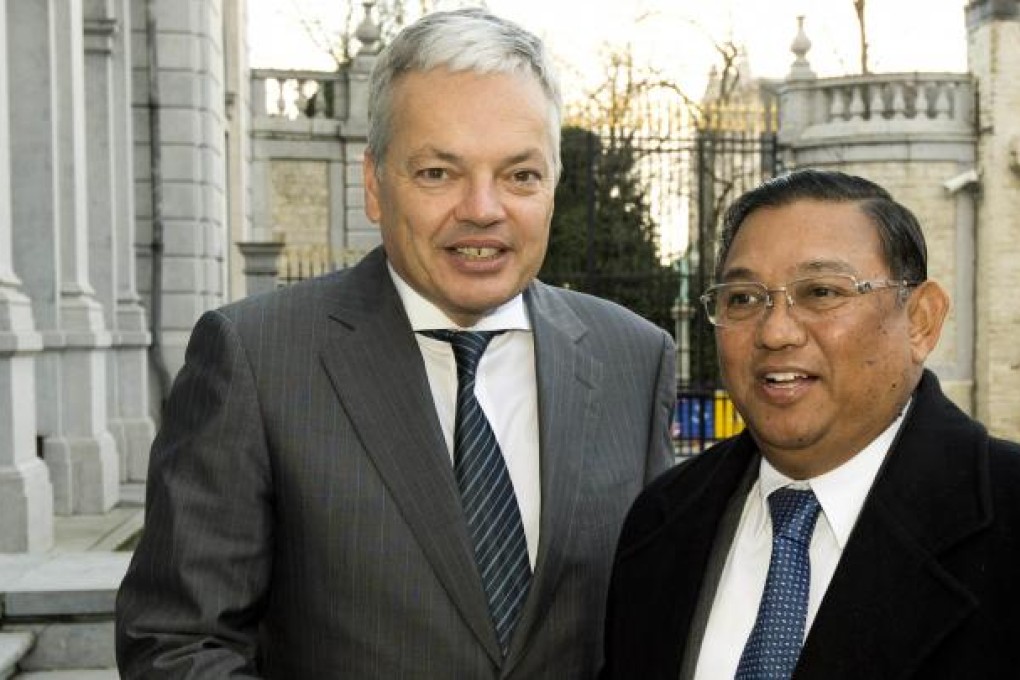Myanmar must seek out partners for growth
Stephen Groff suggests tapping regional co-operation and the potential of its people

Can a nation once intentionally isolated from the world be rebuilt from the outside in? Myanmar has an extraordinary amount of work to do on every imaginable front. The country needs access to billions of dollars to bring modern irrigation systems to rural farmers, roads and electricity to remote communities, as well as technical and vocational training to prepare the country's youth for the jobs of the future.
Last month, the Asian Development Bank and World Bank resolved the issue of Myanmar's outstanding arrears. An avalanche of debt forgiveness from other creditors followed, reducing the country's foreign debt by over 60 per cent.
However, Myanmar must proceed with caution: a rapid influx of foreign assistance and investment can have negative consequences if not well managed. If stability, transparency, participation, capacity and accountability are not firmly in place, the rich-poor divide will grow and corruption will thrive.
Regional co-operation can have an important role to play in balancing competing interests looking to direct or define Myanmar's re-emergence. Deepening its participation in regional bodies and projects such as the Greater Mekong Subregion and the Association of Southeast Asian Nations could help Myanmar benefit from existing plans for power grids or economic corridors. Relief, the prevention of human trafficking, and control of health epidemics can also be more effective.
Myanmar's development will provide the "missing link" connecting India, China and Southeast Asia. Building these connections - roads, bridges and railways - will come with massive costs. Regional financial co-operation can help to mobilise public and private savings in Asia via equities, bonds and insurance.
Finding its place along the supply chains and production networks forged to build "Factory Asia" will also help Myanmar to accelerate growth.